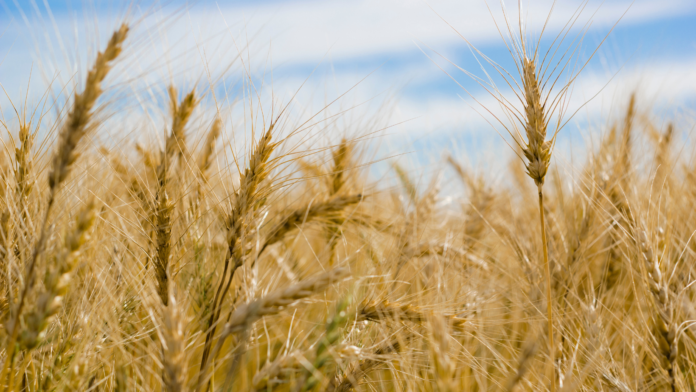Last Updated on November 5, 2023 by Fatima Alih
The Role of Fiber in Weight Management
Fiber stands as an unsung hero in the realm of nutrition, wielding immense power in our pursuit of a healthier existence. Often sidelined or overlooked, its impact transcends the confines of mere digestion.
It is, in fact, a formidable force in the journey toward weight management and overall wellness. Its significance isn’t just about aiding the digestive process; it’s a linchpin in the intricate tapestry of achieving weight loss and holistic well-being.
The influence of fiber on our daily lives is monumental, acting as a silent architect behind the scenes. It’s the secret weapon that offers a feeling of fullness, aiding in the reduction of overall calorie consumption.
This unassuming nutrient plays a strategic role in curbing excessive food intake, thereby becoming an invaluable ally in our quest for a trimmer physique and a balanced life.
Moreover, the impact of fiber extends far beyond weight management, transcending into realms of heart health, blood sugar regulation, and gut harmony.
Its unspoken virtues and multifaceted benefits position it as a fundamental element in our journey to a healthier, more balanced lifestyle.
Understanding Fiber: Nature’s Unsung Hero
Fiber is an essential component found in plant-based foods. Unlike other nutrients, our body can’t break down fiber into digestible components. Instead, it passes through the digestive system, offering numerous health benefits along the way.
The Weight Loss Connection: How Fiber Works its Magic
Fiber’s impact on weight management is profound. Firstly, it adds bulk to your diet, making you feel fuller for longer periods. This helps in reducing overall calorie intake, a crucial factor in weight loss.
Types of Fiber: Soluble vs. Insoluble
There are two main types of fiber, each with its unique role. Soluble fiber dissolves in water, forming a gel-like substance, and helps regulate blood sugar levels. Insoluble fiber, on the other hand, adds bulk to the stool, aiding digestion.
The Science Behind Fiber and Weight Loss
When it comes to shedding those extra pounds, fiber is an unsung hero. Studies reveal that increasing fiber intake, especially from natural sources like fruits, vegetables, and whole grains, is associated with lower body weight.
Practical Implementation: Incorporating Fiber into Your Diet
Making fiber a part of your daily diet isn’t as daunting as it may seem. Simple changes such as choosing whole grain options, incorporating more fruits and vegetables, and opting for legumes can significantly boost your fiber intake.
The Fiber and Gut Health Relationship: A Symbiotic Connection
Apart from aiding in weight management, fiber plays a pivotal role in gut health. It acts as food for the good bacteria in your gut, contributing to a healthy gut microbiome and overall wellness.
Fiber Supplements: Are They Worth Considering?
For some, getting the recommended daily intake of fiber solely from food might be challenging. In such cases, supplements can be an option, but it’s always recommended to consult with a healthcare professional before incorporating them into your routine.
FAQs on Fiber and Weight Management
How much fiber should one consume daily?
The recommended daily intake is around 25 grams for women and 38 grams for men.
Can fiber supplements replace natural sources of fiber?
While supplements can be helpful, they shouldn’t replace a balanced diet rich in natural fiber sources.
Do all high-fiber foods aid in weight loss?
Some high-fiber foods are more conducive to weight loss than others, typically those with lower calorie content.
Can fiber cause any digestive issues?
Increasing fiber intake suddenly might cause digestive discomfort, so it’s best to gradually introduce more fiber into your diet.
Does cooking affect the fiber content in foods?
Yes, sometimes cooking can reduce the fiber content in certain foods, but there are various cooking methods that can help retain fiber.
Is fiber beneficial for all age groups?
Yes, incorporating fiber into your diet is beneficial for individuals of all ages, promoting better health overall.
Can fiber intake alone guarantee weight loss?
While fiber is a crucial element, weight loss is a holistic process involving various factors such as diet, exercise, and lifestyle choices.
In conclusion, understanding the role of fiber in weight management is crucial for a healthier lifestyle. Its impact goes beyond aiding digestion; it significantly contributes to weight loss and overall well-being. By making conscious efforts to include more fiber-rich foods in your diet, you pave the way for a healthier, more balanced life.
Verified Sources and References:


